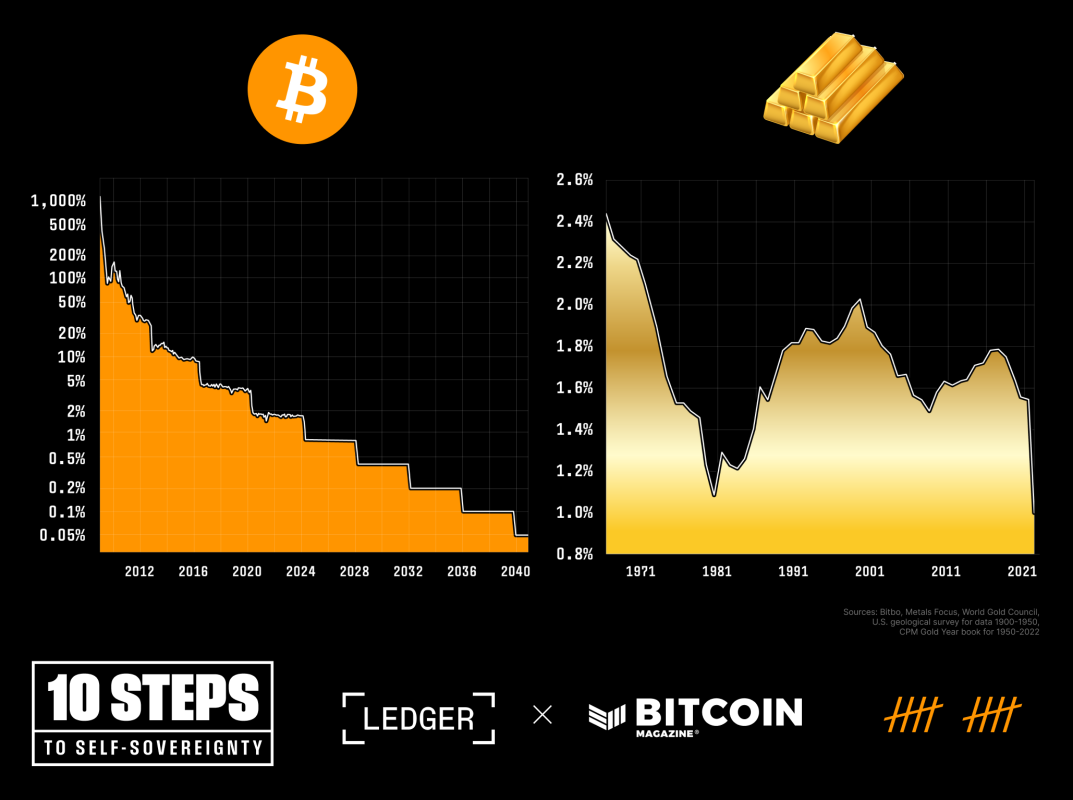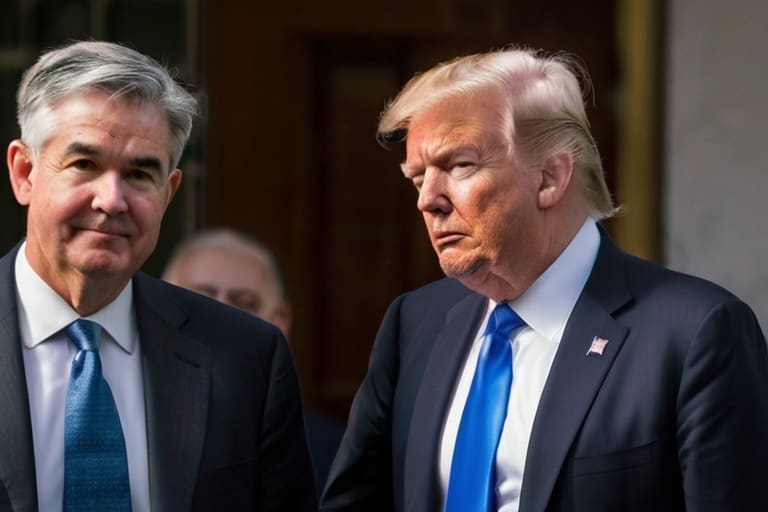Sam Altman thinks we could pay for a UBI by giving everyone ‘a slice of the GPT’.


Sam Altman, CEO of OpenAI and president of Tools for Humanity, believes that the advances being made by today’s cutting-edge artificial intelligence (AI) models could lead to a broad restructuring of socioeconomics.
In a recent interview with the All-In podcast, Altman recently revealed his vision that treating “computing” as a resource and asset could replace monetary income as a means of providing universal basic income (UBI).
The interview covered a variety of topics, but soon turned to the dangers of AI and how humanity will cope with threats ranging from AI-induced extinction to employment replacement. On a previous topic, Altman acknowledged that there may come a time when AI models are sufficiently capable of posing such a threat.
His solution is a global oversight board with the capacity to regulate large-scale projects, ensuring that startups are not subject to potentially growth-stamping laws.
“I think there will come a time in the not-so-distant future when advanced AI systems will be able to cause significant damage globally. And for those kinds of systems… I would like to see some sort of international body that would look at the most robust systems and ensure reasonable safety testing.”
Altman assured the All-In team that OpenAI’s current state-of-the-art production model, GPT-4, does not pose a “significant” threat to human life.
On the jobs front, Altman is a well-known advocate for UBI. In addition to OpenAI, he leads Tools for Humanity, a company whose main products are the Worldcoin cryptocurrency and identity verification platform. Worldcoin is available to anyone who wants to validate their humanity. Afterwards, holders receive token salaries every month.
In a conversation with the All-In team, Altman criticized government poverty assistance programs as largely ineffective and called for a simple, respectful approach to UBI.
“I don’t really like how the government has handled most policies designed to help the poor. I believe that if you give people money, they will make good decisions and the markets will do that.”
He went on to point out that giving people money would not solve all their problems, adding that it “certainly wouldn’t make people happy.” But he ventured that “it might solve some problems and give people better horizons to help themselves.”
As for why he advocates UBI, Altman said he and his colleagues realized that AI could have far-reaching impacts in 2016, when they started taking it seriously. They started doing research and found that UBI showed promise.
Now, Altman believes the UBI paradigm itself could be overturned.
“2016 has been such a long time. … I wonder if the future is closer to universal basic computing than universal basic income, and that everyone can get a piece of GPT-7’s compute and use it, resell it, and donate it to someone who will use it to cure cancer. research.
Related: Apple Finalizes Agreement with OpenAI for ChatGPT iPhone Integration: Report

